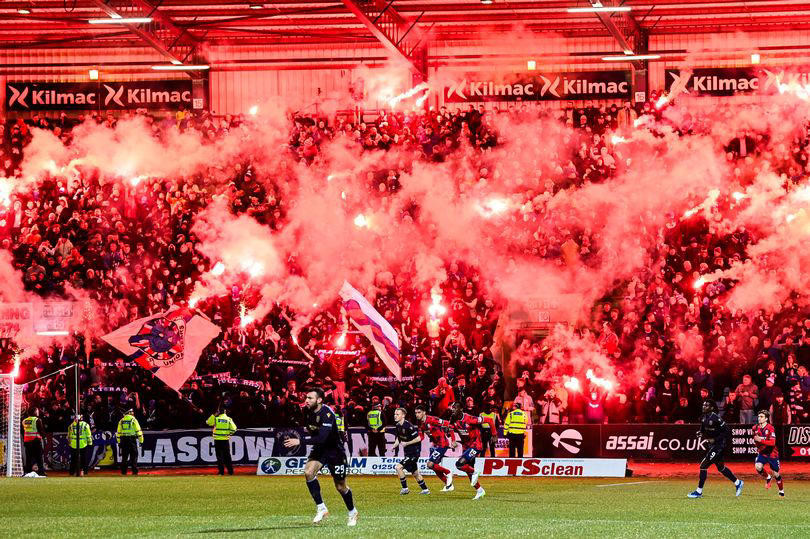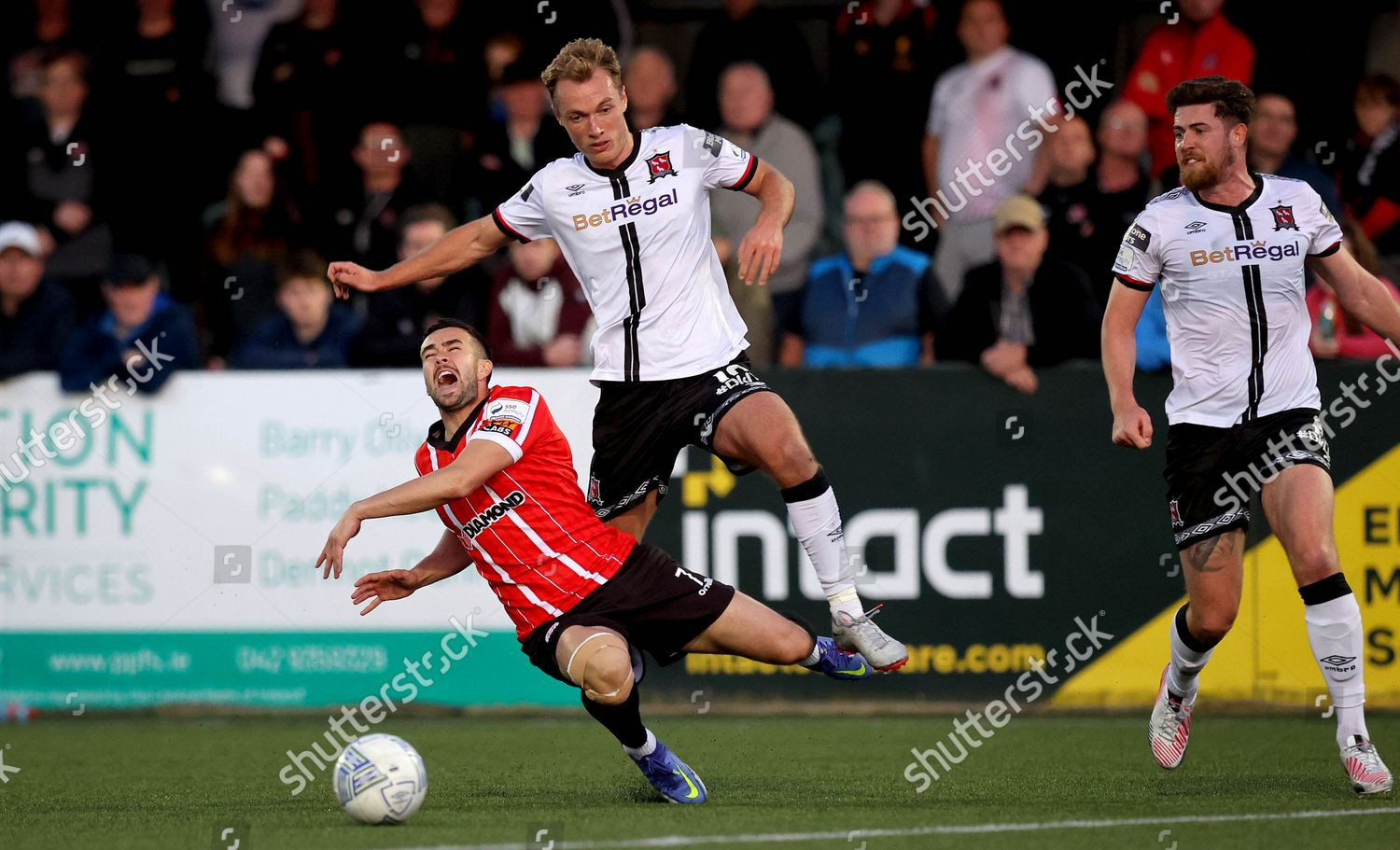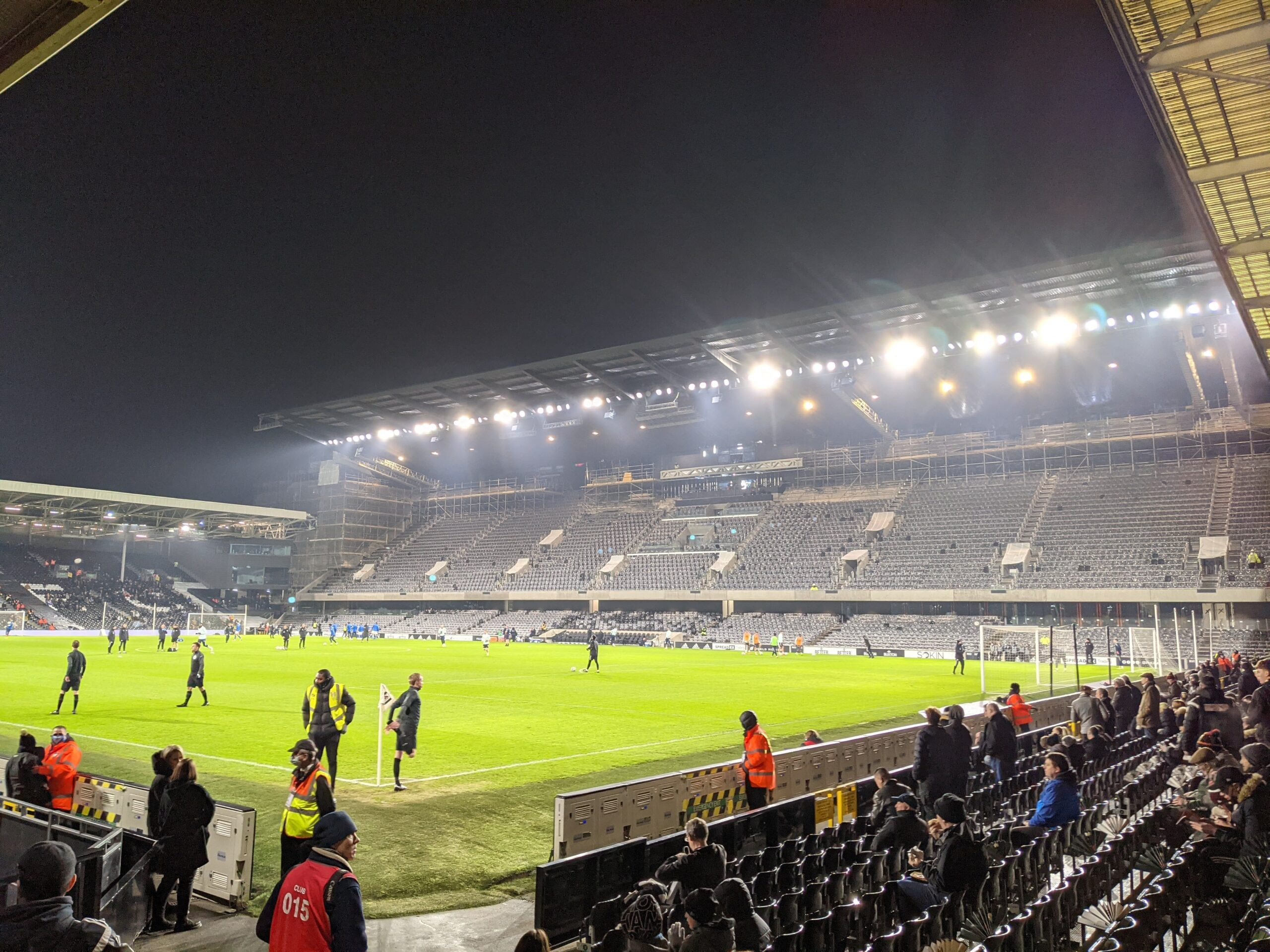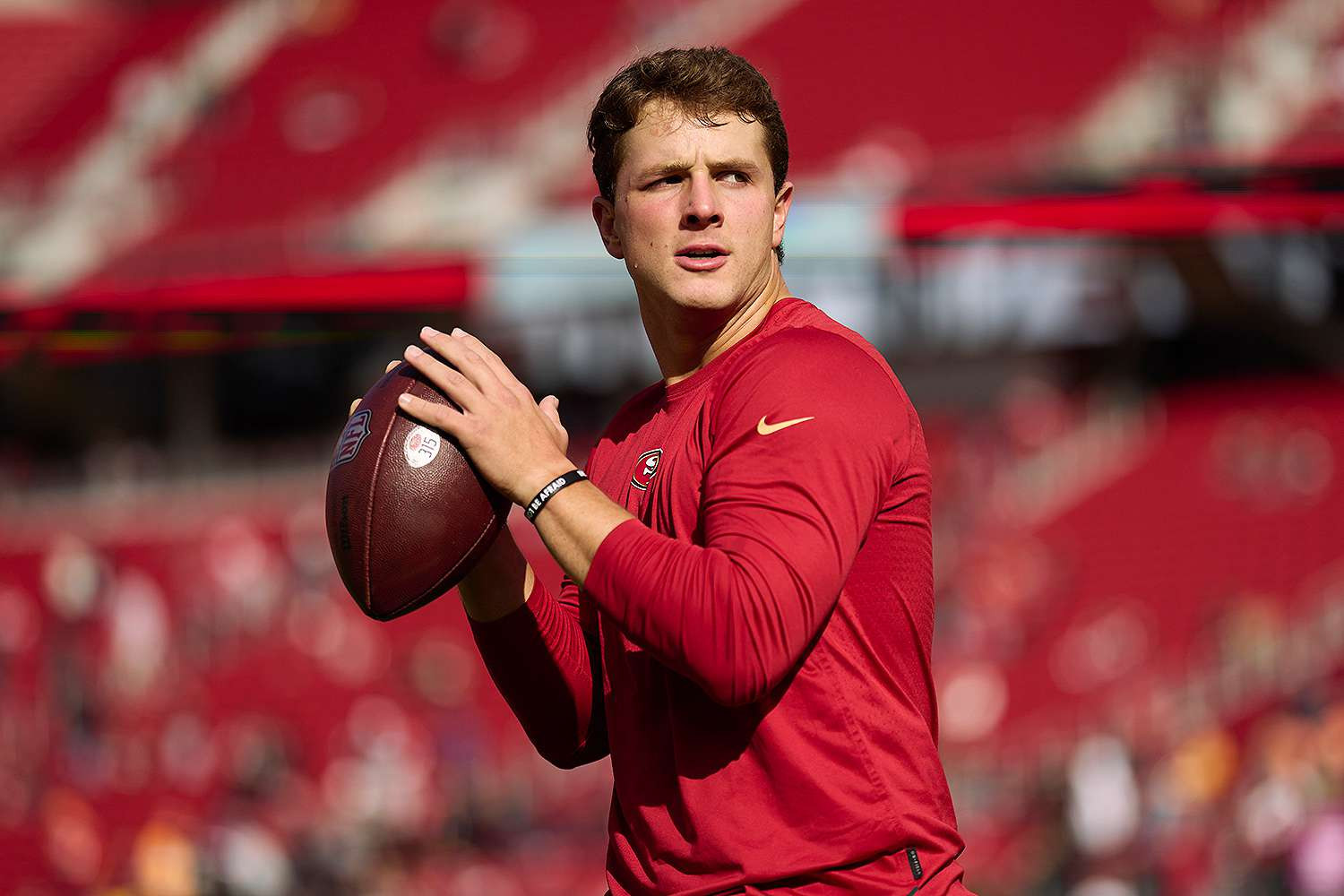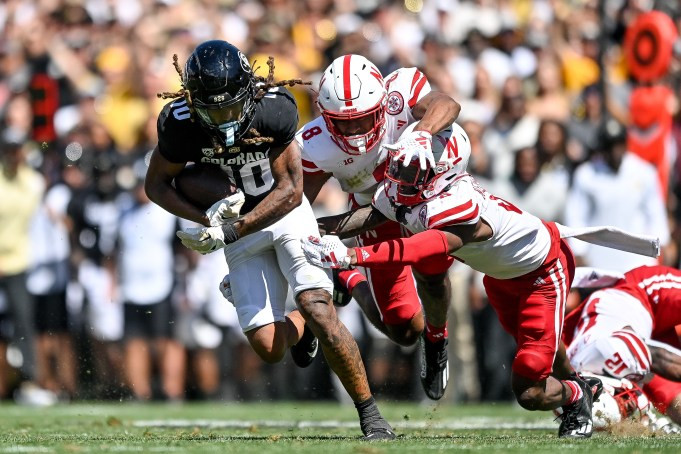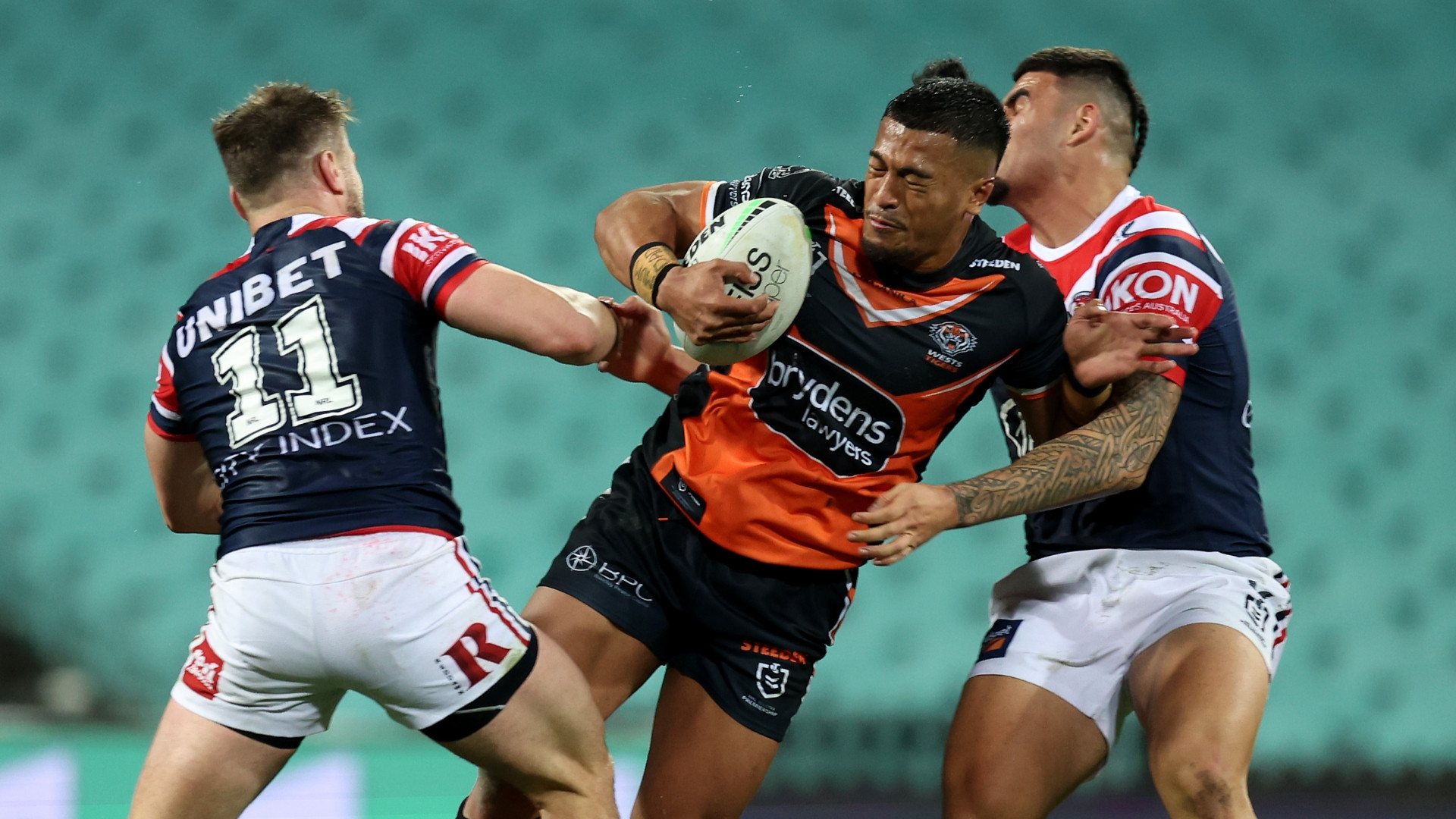The boundary between enthusiastic support and offensive behaviour often blurs in football. Recent events at fixtures between Liverpool and Manchester United, two of England’s most storied clubs, have once again cast a spotlight on this issue, leading to significant repercussions for those stepping over the line.
Two supporters have faced the legal consequences of their actions in the wake of their involvement in tragedy chanting, a dark aspect of football that continues to plague the beautiful game. Tommy Jobling from Whitby, North Yorkshire, was handed a 12-month community order along with 80 hours of unpaid work after admitting to distributing offensive messages and videos related to the Hillsborough disaster. His actions were brought to light during the teams’ clash in March.
On a similar note, Harry Thorley of Crewe, Cheshire, faced the courts for his part in chanting related to the Heysel Stadium disaster. Positioned outside the away turnstiles at Old Trafford, Thorley’s actions prior to kick-off led to a three-year banning order after he was found guilty of using threatening, abusive, and insulting behaviour.
In response to such incidents, Greater Manchester Police have ramped up their efforts to combat this issue head-on. Following the arrests and charges surrounding the FA Cup quarter-final between Liverpool and United at Old Trafford, a strong message has been sent to fans inclined towards such detrimental behaviour: it will not be tolerated.
Adding a layer of proactive engagement, Liverpool and Manchester United have initiated a joint programme through their club foundations aimed at tackling tragedy chanting. This initiative not only underscores the clubs’ commitment to preserving the integrity and spirit of the game but also aims to educate and reform the fanbase, promoting a culture of respect and unity.
The football community’s response has been one of support for these measures, with many acknowledging the need for continuous vigilance and action to ensure that football remains a sport celebrated for its competitive spirit and communal joy rather than marred by acts of insensitivity.
As we move forward, the collaboration between clubs, law enforcement, and fans is crucial in creating an environment where the thrill of the game can be enjoyed without being overshadowed by tragedy chanting. This joint effort is a testament to the power of unity in addressing and hopefully eradicating this issue from the stands of one of the world’s most beloved sports.
Tragedy Chanting: A Persistent Problem
The incidents involving Jobling and Thorley serve as stark reminders of the enduring problem of tragedy chanting in football. These incidents, fueled by misplaced loyalties and a disregard for the profound pain caused by past tragedies, demonstrate a need for a stronger stance against such behaviour.
The Hillsborough disaster, a tragic event where 97 Liverpool fans lost their lives in a crush at Sheffield Wednesday’s Hillsborough Stadium in 1989, continues to be a painful scar on the history of football. Similarly, the Heysel Stadium disaster, which resulted in the deaths of 39 people in 1985, remains a somber reminder of the potential dangers of crowd violence. Chanting about these tragedies, even if meant to be confrontational, is deeply insensitive and disrespectful to the victims, their families, and the wider football community.
Addressing the Issue: A Collaborative Approach
In recent years, there has been a growing effort to tackle tragedy chanting in football. Clubs, law enforcement agencies, and fans’ groups have all played a role in raising awareness and implementing measures to combat this issue.
The joint initiative undertaken by Liverpool and Manchester United, along with the proactive approach of Greater Manchester Police, represents a promising step towards creating a safer and more respectful environment in football. However, the fight against tragedy chanting requires continuous vigilance and a collective commitment from all stakeholders.
The Future of Football: A Culture of Respect
Football is a sport that unites people from all walks of life, fostering a sense of community and shared passion. However, this powerful bond is undermined when insensitive and disrespectful acts, like tragedy chanting, take place.
Moving forward, it is imperative to create a culture of respect and understanding within the football community. This means educating fans about the devastating impacts of tragedy chanting and holding those who engage in such behaviour accountable. By working together, we can ensure that football remains a sport that celebrates the spirit of competition, sportsmanship, and unity, free from the shadows of insensitive and disrespectful actions.




